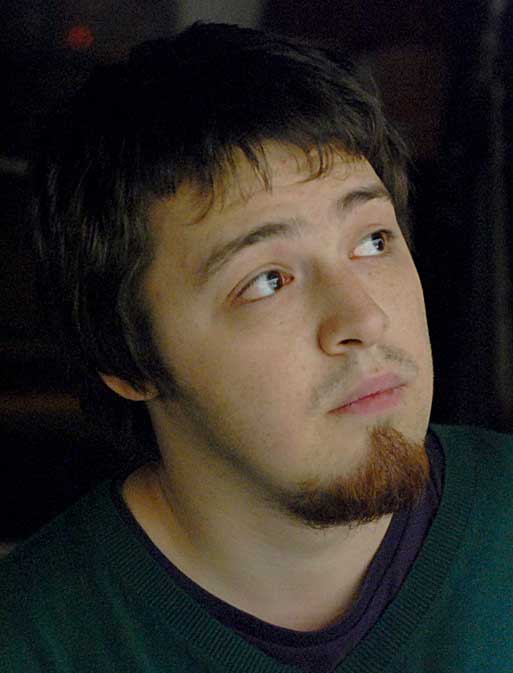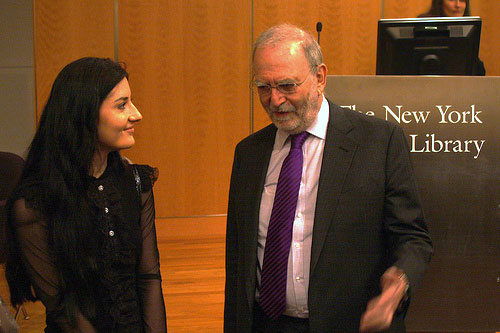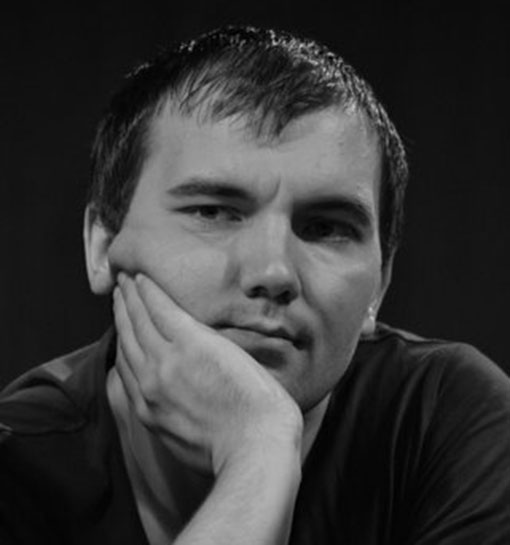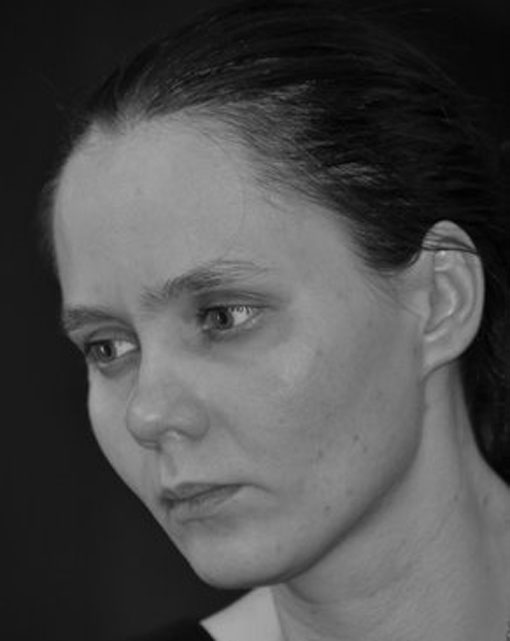Art is one of the ways people communicate with one another. Every work of art brings the viewer to into a special kind of relationship, both with whoever has created or is creating the art and also with everyone else who—together with him, or before or afterwards—is subject to that
artistic impression.
—Leo Tolstoy
It would be a mistake to ascribe this creative power
to an inborn talent.
In art, the genius creator is not just a gifted being, but a person who has succeeded in arranging for their appointed end, a complex of activities, of which the work is the outcome, requiring an effort.
—Henri Matisse
Art is so varied that to reduce it to any single purpose, be it even the salvation of mankind, is an abomination before the Lord.
—Nikolai Gumilev
Conception, my boy, fundamental brain work,
is what makes all the difference in art.
—Dante Gabriel Rosetti
Art is art.
Everything else is everything else.
—Ad Reinhardt
It is art that makes life, makes interest, makes importance…
and I know of no substitute whatever
for the force and beauty of its process.
—Henry James
It's not what you look at that matters,
it's what you see.
—Henry David Thoreau
The New Russian Literature
A New Generation of Russian Literature
The New Russian Literature introduces today’s young Russian writers, poets, playwrights and critics, a generation that has remained unknown in the West for far too long. Russia's most important young literary voices face the political and social complexity of the world's most vast and various country, they engage its powerful and contradictory cultural tradition. They face a rich and complex national past and an uncertain future, full of both threat and promise. But they also live and write in a global context, as part of world history and—perhaps most importantly—as part of the continuing evolution of world literary tradition.
These writers are strikingly personalities in their own right: extremely diverse, highly engaging, personable, yet often provocative in the extreme. Their writing, too, is intensely diverse, as they have collectively gulped down almost a century of Western literary trends, along with a slew of old and new independent Russian ideas, in just a decade or two. Russian drama, poetry and prose all struggle with this truth, each in its own way. What this difficult and tempestuous process starkly reveal, at any rate, is the inner life of a vital literary tradition facing its greatest challenge.
The New Russian Literature has brought fresh voices from this generation to New York, Washington, D.C., Boston, Chicago and other U.S. cities. It has staged new Russian plays, presented literary readings with world-class moderators like Leonard Lopate of WNYC Radio and public discussions, and created poetry events where important young Russian poets met with their American counterparts, read their works, and discussed what poetry does and can mean for us today.




